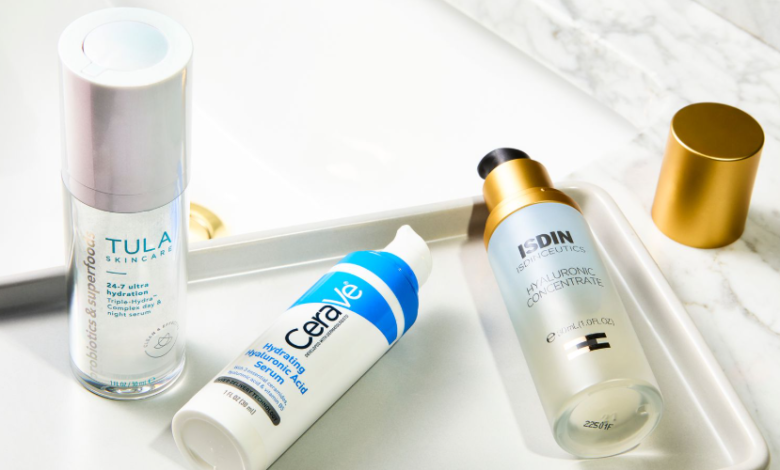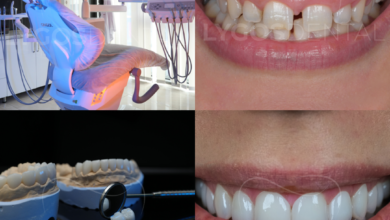Essentials for Healthy Skin Hydration

Understanding Skin Dehydration
Maintaining proper skin hydration is crucial for achieving a healthy, glowing complexion. Dehydrated skin can feel tight, flaky, or dull and is more prone to premature aging. Factors such as weather, diet, and improper skincare routines can affect skin moisture levels. Choosing effective hydrating skin care products and adopting a consistent routine helps restore balance and vitality to the skin.
Causes of Dry and Dehydrated Skin
Environmental Factors
Exposure to harsh sunlight, wind, and low humidity hydrating skin care products can strip natural moisture from the skin. Protecting the skin with appropriate products and barriers is essential.
Lifestyle Choices
Insufficient water intake, poor nutrition, smoking, and high stress levels can reduce skin hydration and impair its natural barrier.
Inadequate Skincare
Using harsh cleansers, over-exfoliating, or skipping moisturizers can further exacerbate dryness. Gentle routines and suitable hydrating skin care products are key to maintaining moisture.
Key Ingredients in Hydrating Skin Care
Hyaluronic Acid
This powerful humectant attracts water molecules to the skin, providing deep hydration and plumping effects.
Glycerin
Glycerin draws moisture from the environment into the skin, helping to maintain softness and elasticity.
Ceramides
Ceramides reinforce the skin barrier, preventing water loss and protecting against irritants.
Aloe Vera
Known for its soothing and hydrating properties, aloe vera calms inflammation while adding moisture.
Squalane
Squalane is a lightweight, non-greasy oil that locks in hydration and supports the skin barrier. Some advanced formulations also incorporate ghk cu, a copper peptide noted for supporting firmness, smoothness, and overall skin vitality alongside hydration-focused ingredients.
See also: Webmailehealth: a Deep Dive Into Web-Based Health
Building a Daily Hydration Routine
Gentle Cleansing
Start with a mild, hydrating cleanser to remove impurities without stripping essential oils. Avoid products with sulfates or strong fragrances.
Serum Application
After cleansing, apply a hydrating serum containing hyaluronic acid or glycerin to enhance moisture retention and prepare skin for further care.
Moisturizing
Use a moisturizer appropriate for your skin type to lock in hydration. Hydrating skin care products rich in ceramides or squalane are ideal for preventing moisture loss.
Sun Protection
UV exposure can damage the skin barrier and dehydrate skin. Daily use of sunscreen protects against damage and maintains skin hydration.
Night Care
In the evening, apply richer moisturizers or overnight masks to restore moisture lost during the day and support skin regeneration.
Lifestyle Practices for Hydrated Skin
Adequate Water Intake
Drinking enough water daily is fundamental to maintaining skin hydration from within.
Balanced Diet
Foods rich in omega-3 fatty acids, vitamins A, C, and E, and antioxidants support healthy skin function and moisture retention.
Limit Caffeine and Alcohol
Excessive caffeine and alcohol can dehydrate the body and skin. Moderation helps preserve skin moisture.
Sleep and Stress Management
Proper sleep and stress reduction through exercise or relaxation techniques improve skin repair and hydration.
Avoiding Common Hydration Mistakes
Over-Exfoliation
Excessive exfoliation can damage the skin barrier, leading to increased water loss. Stick to mild exfoliation once or twice a week.
Skipping Moisturizer
Even oily skin requires hydration. Using the right lightweight products prevents dryness without causing breakouts.
Ignoring Environmental Protection
Cold, wind, and sun exposure all impact skin moisture. Protective clothing and topical barriers help maintain hydration.
Choosing the Right Hydrating Skin Care Products
Ingredients Matter
Look for products with humectants, emollients, and occlusives to attract, retain, and seal in moisture. Avoid harsh chemicals and alcohol-based formulations that can dry the skin.
Tailored Solutions
Select products according to your skin type—lightweight gels for oily skin, rich creams for dry skin, and balanced formulations for combination skin.
Consistency is Key
Using hydrating skin care products consistently is more effective than occasional intensive treatments. A daily routine ensures optimal moisture retention and healthy skin.
Environmental and Ethical Considerations
Sustainable Formulations
Opt for products with natural, responsibly sourced ingredients that are gentle on both skin and environment.
Cruelty-Free Options
Choose brands committed to cruelty-free testing practices to ensure ethical skincare choices.
Minimal Packaging
Select products with recyclable or reduced packaging to minimize environmental impact while supporting effective hydration.
Conclusion
Proper hydration is essential for maintaining healthy, radiant skin. Combining the use of quality hydrating skin care products with a consistent routine, a balanced diet, and mindful lifestyle choices ensures long-lasting moisture, protection, and overall skin wellness. By understanding your skin’s needs and choosing products with effective ingredients, you can combat dryness, improve texture, and maintain a youthful, vibrant complexion.





